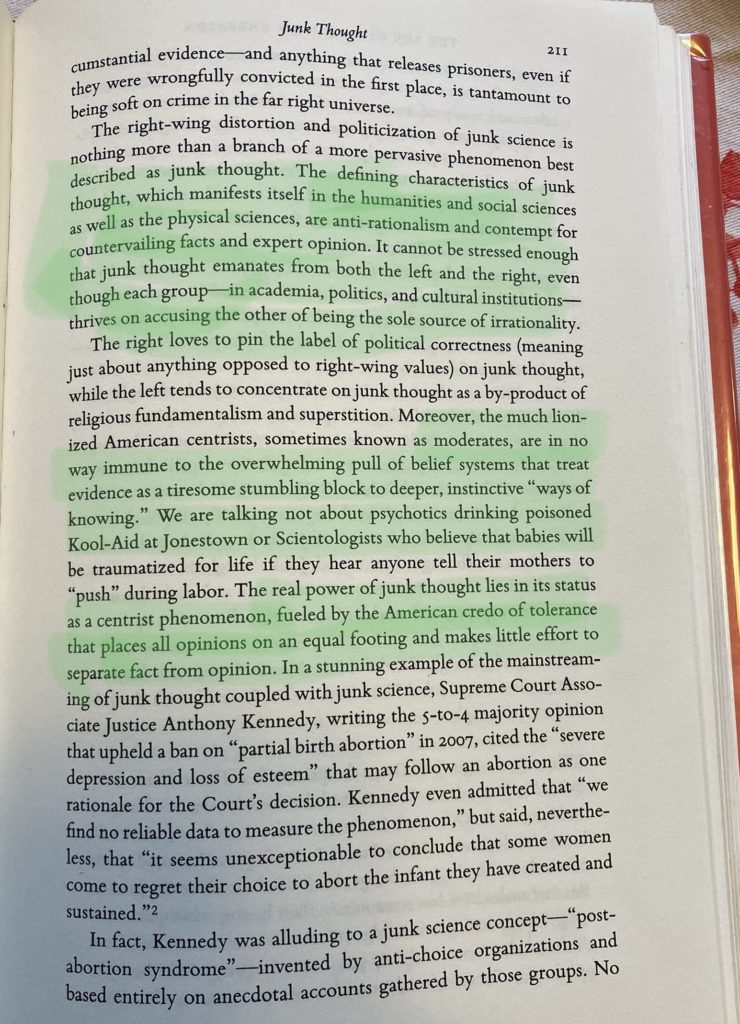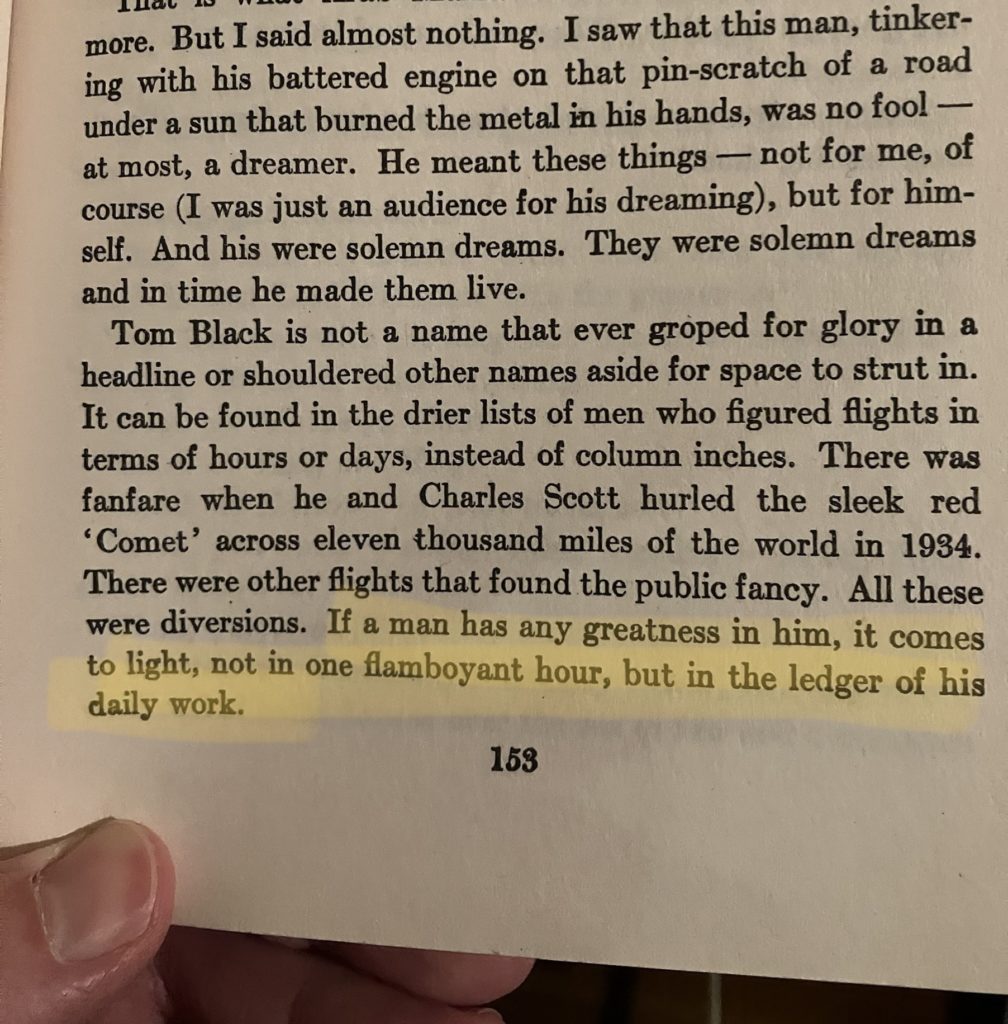January 14, 2023

O Goose! a cat that marks the highest point of water on the shore,
I wasn’t sure, at first, though others were, what to make of you.
That first night, all the lights ablaze, you yowled atop the stair
and wagged your trail so waggishly (we almost named you Dog):
I dreaded your oddness and your wild ways, the way you lapped
water from the shower stall, and meowed your smoker’s growl.
We took our time warming up, Goose, but soon a fondest friend.
But Goose instead, the name we chose, to suit your silly ways.
(“Honey” didn’t catch the edge, the sharpness of your eye or claw.)
You loved your boxes, yarn, and patch before the fire, and took
your seat at the table to join us while we ate. O Goose!
At first, we struggled to trim your claws, you wriggled and writhed,
clawed and bit. You weren’t afraid to whap us as we walked by.
We took it all in stride; we’re a moody family who speaks our mind.
Goose! We gave you many names: Goose and Witty and Woo and
Witty-woo and Sissle and Cat and Goosay Languagay and Goose
Esteban. The vet got your name wrong, Deuce, and we laughed
but were annoyed all the same. You didn’t seem to mind much,
all the names that spun about you every day. You seemed to know,
your name, and though you never came when called, we heralded
your entrance with cries of “Goose!” O Goose, I’ll miss you on the stair.
You left your mark, like your two cat tracks on the stair, one for up,
one for down, on each of us. All our house was a place for you to sleep
or climb or jump. You woke us up each morning, early, with no sense
of weekends or holidays. You’d jump on the bed and rattle the lamp
as you jumped down or rub your cheeks against my stack of books.
O Goose! we knew when you were mad, because you’d scratch.
We knew when you were cozy, from the way you’d curl, legs stuck out.
You loved cardboard, whether it was a box or just a scrap of board.
On summer days, you’d roam, looking for the sunlight glancing in,
to snooze. Then, once warm, you’d find a cooler place to rest.
O Goose, we love you so. How sunlight made your fur glow, your lair
not-so-secret, behind the couch and curtain. I remember, even now,
the feeling the sun burning from your fur, stretching out to cool.
The office chair that was your bed is covered in your fur.
Those times you dragged tangles of yarn all around our house.
That time you stuck a too small box upon your head. Your charm
captured the smile of all who came to visit. O Goose, our cat.
You loved turkey and salmon and fish and loved a food until you didn’t.
When we left, you yowled to let us know that we’d been missed.
And now, you’re missed, it’s all our turn to yowl and think of you.
We called you “best cat” and I know it to be true, O Goose.
Only four short years, how long it seems ago, when we brought you home.
Too short four years, to hear your padding on the stair, to hear your purr
and scratch your chin, to feel you fall asleep between my feet, O Goose.
Farewell, my friend, old cat, my mind will ever turn to thoughts of you,
with fond feeling and a smile as the sadness comes upon me then.
We’ll miss you, Goose, and all you brought to share your time with us.
Goose, best cat, friend: we remember you fondly and with love.





